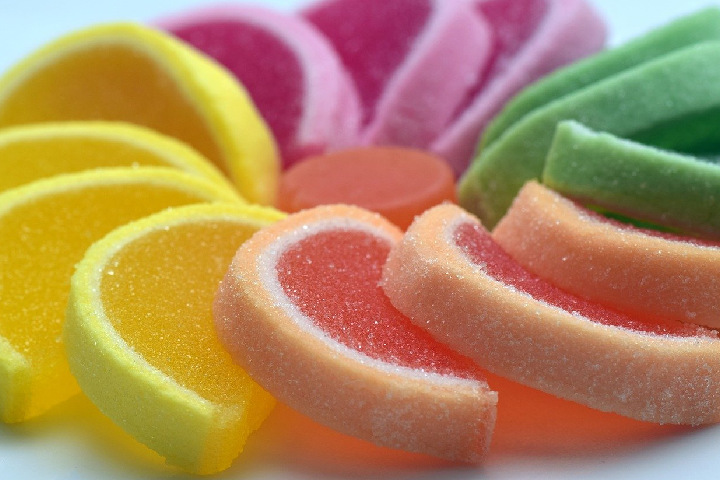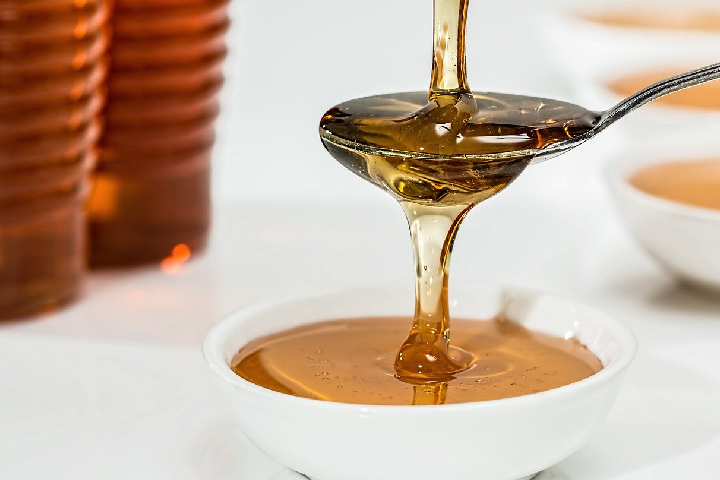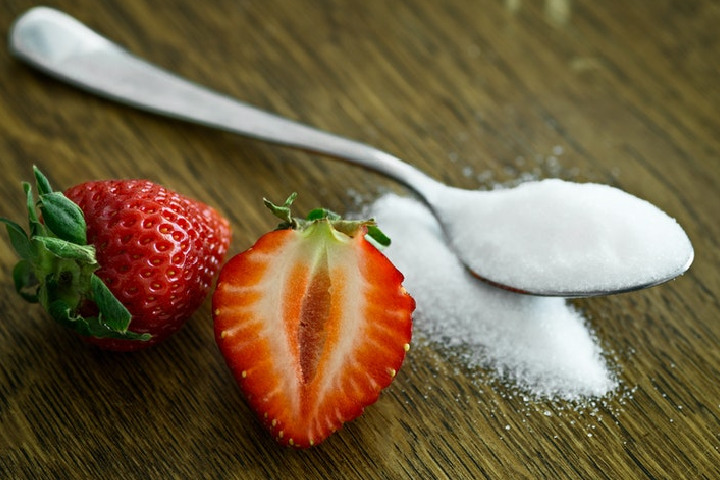Sugar: Abusing honey is just as damaging as overdoing it with white sugar, and “no added glucose” products are not free of glucose. An OCU report reveals these and other myths about sugar.
That an excessive intake of sugars is not suitable for health is something that everyone knows. The scientific evidence linking sugars’ consumption with obesity and the risk of diseases is overwhelming.
For this cause, the World Health Organization recommends that the consumption of its does not represent more than 10% of the daily caloric intake to our diet. And the ideal would be not to exceed 5%.
Ideally, Glucose should not represent more than 5% of our diet.
However, as the OCU warns in a report, it is not easy to apply this measure because product labeling does not help and, above all, there are still many false myths about sugar.
The OCU reviews the 6 most common. And we have analyzed them one by one with the help of Dr. Anna Costa, spokesperson for the College of Dietitians-Nutritionists of Catalonia (CoDiNuCat), and a doctor in biology and food technologist.
Table of Contents
1. All Sugars Should Be Eliminated From the Diet
The messages about sugar are so harmful that one may even think that it is advisable to eliminate added it from the diet and fruit, vegetables, or milk.

However, the OCU reminds us that it is scientifically proven that the simple sugars found in these foods do not have adverse health effects, and there is no reason to stop consuming them.
The Nutritionist’s Note
The sugars naturally present in food are linked to fiber, vitamins, minerals, and antioxidant substances. Therefore, they provide many other nutrients. Also, fiber makes that sugar from vegetables or fruit stays longer in the stomach and intestines, which prevents it from quickly passing into the blood.
On the contrary, the processed ones’ added sugars are usually presented together with hydrogenated fats and a lot of additives. Therefore they are nutritionally disastrous.
2. Brown Sugar or Panela Are Better Than White
The OCU points out that all these sugars contain the same thing: sucrose and the same calories. The only difference is the refining process that changes the look and the texture.
Unrefined sugar indeed contains a small number of minerals and vitamins, but it is so minimal that it does not benefit. However, thinking that it is healthier can push us to consume it in more significant quantities.
The Nutritionist’s Note
Panela causes more spikes in blood glucose than white sugar. The latter needs the action of an enzyme, sucrase, to pass into the bloodstream, something that panela does not.
Brown or whole sugar is denser than white, so we end up adding more. If a tablespoon of coffee is 4.5 g of white sugar, in the case of brown sugar, it is about 5 g.
3. The Label Helps to Know if a Sugar is Added or From the Food
It is not easy to distinguish between sugar naturally present in food and added sugar since, according to the OCU, many manufacturers do not differentiate between them on the label.
Also, the use of claims such as “no added sugar” by the food industry is confusing because this does not prevent the use of sweeteners or fruit preparations such as date paste or apple juice that sweeten but do not provide benefits to health.
The Nutritionist’s Note
Added sugars can go by up to 100 different names. Everything that ends in -one on a label (fructose, glucose, sucrose, maltose, dextrose ), syrups, syrups, molasses are added sugars.
As for products “without added sugar” or with “0% sugar”, sweeteners such as aspartame or saccharin and the so-called sugar alcohols are usually used, a group of substances finished in -ol (xylitol, sorbitol, mannitol) which has a laxative effect, which can alter the intestinal microbiota.
4. There Are Healthier Sweetener Alternatives to Glucose
Honey, maple syrup, or agave syrup contains almost as much sugar as the sugar itself and provide similar calories. The OCU warns that other nutrients’ content is minimal, so its reputation for being healthier from a nutritional point of view is not justified.

The Nutritionist’s Note
Honey and the like contain simple sugars and a proportion of water. Usually, the industrial ones carry more water, but also more additives. But despite the water they contain, they also cause glucose spikes that make the pancreas have to produce large amounts of insulin.
Honey is also denser than white sugar, so adding a tablespoon to coffee or yogurt ends up adding more honey than sugar. We have already said that a tablespoon of coffee was 4.5 g of sugar, while one could be 20 g.
5. It is Better to Substitute Added Sugar for Sweeteners
The use of sweeteners with low caloric value such as saccharin, aspartame, or stevia can undoubtedly reduce sugar consumption.
However, according to OCU, this replacement does not help with weight control because it does not educate the palate, which in the long run, continues to make it difficult to avoid temptation and causes us to continue to have unhealthy habits such as drinking sweetened soda instead of water.
The Nutritionist’s Note
Glucose is very addictive. Therefore, the idea is that little by little, we accustom our taste buds to less sweet flavors and reduce the demand for sugar from our brain. If we do not break this dependence, our brains likely continue to demand sweet things from us in low mood, nerves, boredom, or anxiety.
6. Eating Too Much Sugar Can Make Me Diabetic
The OCU highlights that it has not been possible to establish a direct relationship between Glucose consumption and type 2 diabetes until now. However, it favors the development of obesity, and this is a risk factor for diabetes.
The Nutritionist’s Note
Apart from obesity, excess Glucose favors other organic processes that indirectly increase the risk of diabetes: The consumption of ultra-processed sugars rich in sugar alters the intestinal microbiota. It favors the growth of harmful bacteria to the detriment of those that protect us from diabetes, hypertension.
The excess of sugars also favors the release of inflammatory substances in the body, which ends up increasing the risk of diseases such as diabetes.

